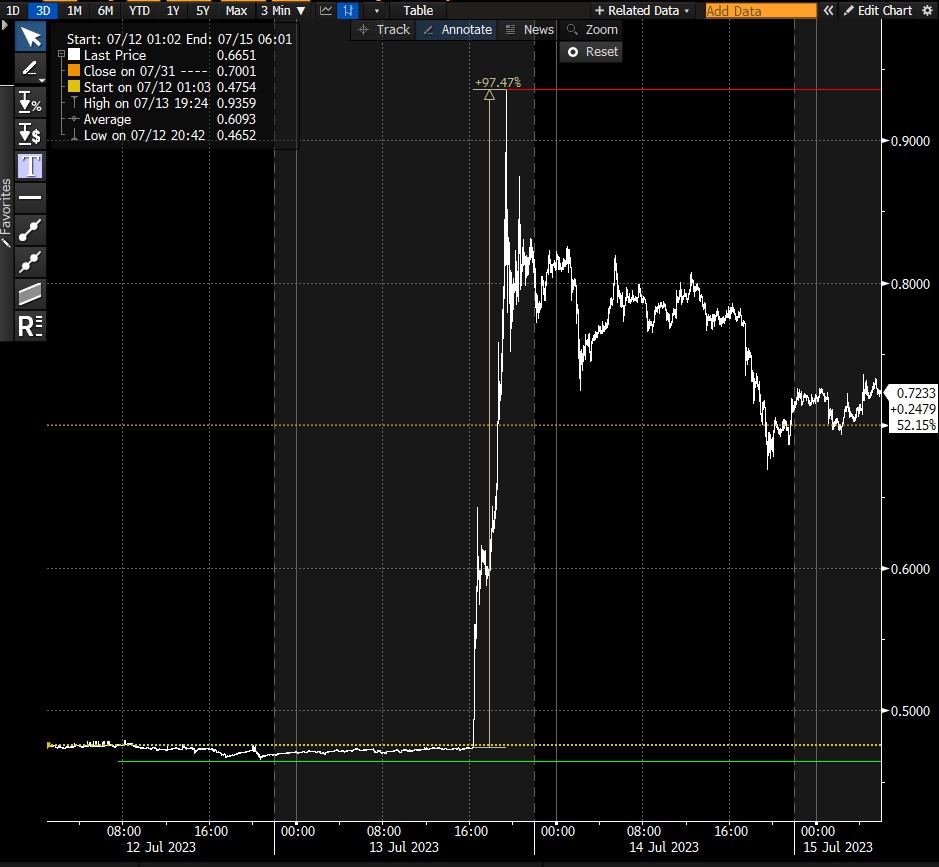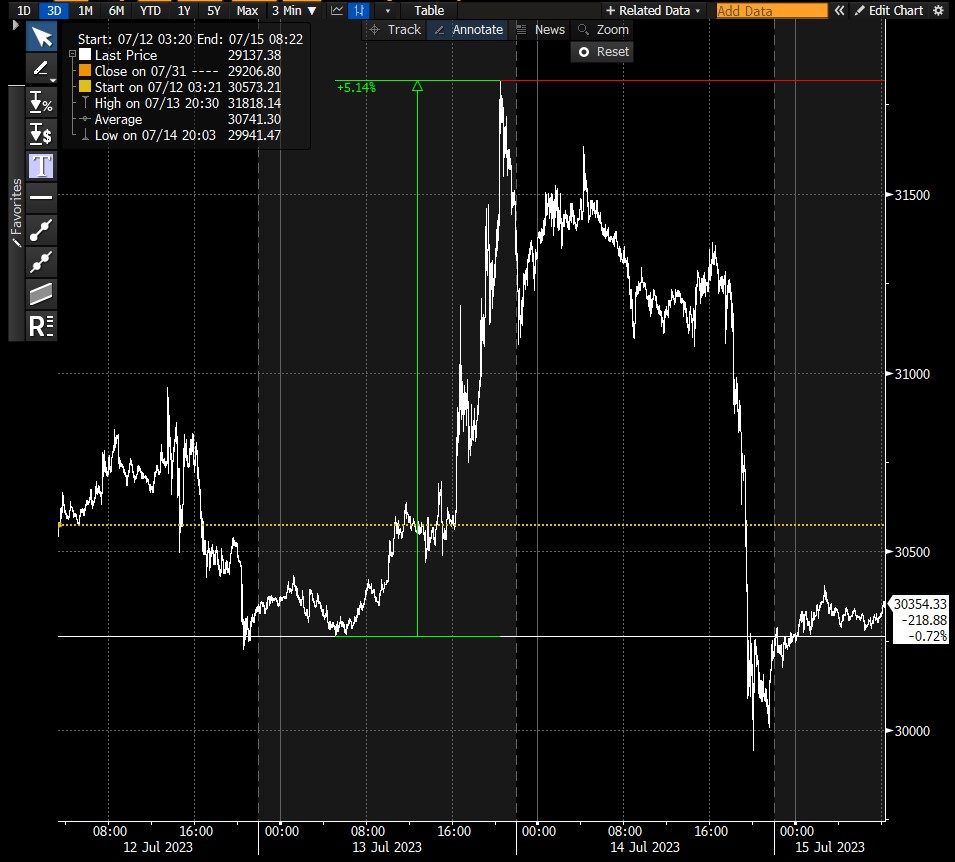July 2023 -Digital Assets Monthly Roundup
July 2023 -Digital Assets Monthly Roundup
- XRP declared not a security when sold programmatically to the public
-
Increasing bifurcation of the market for alts and majors
-
Pick-up in futures and basis trade interest for Bitcoin.
July has felt like the month in which fragmentation of the market has come into clear and obvious effect. Namely, fragmentation between majors and alt-coins and how they've responded to the month's events, which goes hand in hand with the increasing fragmentation in market focus and structure between the institutional space and the crypto-native / retail focused space.
Despite a major legal ruling in crypto's favour and another SEC lawsuit against an exchange, July has been a relatively stable and sideways moving month for majors with much greater volatility across various alts. As the market exuberance from last month's Blackrock ETF announcement continues to subside, majors like Bitcoin and Ether have sold off slightly from their local highs of ~$31.5k and $2030 to now hover just above $29k for BTC and $1850 for ETH. For the first time in a while, the market has not been focused on the wider macro picture and its effects on majors, but instead has been fixed on alts. Why you may ask? On the 13th July the judge in the longstanding SEC vs Ripple Labs case ruled partially in Ripple's favour, stating that XRP tokens sold to the public do not constitute securities... The market for XRP and other altcoins responded accordingly.
The news that Judge Analisa Torres was ruling in favour of Ripple, on July 13th 2023, was initially lauded as a landslide victory for the crypto industry, leading to XRP skyrocketing up as high as $0.93 from $0.46 over the course of the day with other altcoins quickly following suit*. However, it soon became clear that the ruling was a partial victory at best and in reality would do little to clarify the regulatory status of other cryptoassets in the eyes of the SEC and US lawmakers; perhaps lending to the news being less of a bullish catalyst than many had previously speculated it would be. The ruling stated explicitly that XRP sold programmatically to the public could not be considered an investment contract or security, as purchasers did not have a reasonable expectation of profit. However, the SEC did gain a partial victory, as Torres ruled that institutional sales of XRP did violate securities laws in pitching a "speculative value proposition for XRP" that relied upon the efforts of the company behind it.


What was interesting to see however, was how little affected both the BTC and ETH were in contrast to the rest of the market. Alongside XRP's 97.5% increase a number of alts like SOL, MATIC, ADA and more all rallied hard off the back of the Ripple ruling each clocking in at least a 25% gain over the proceeding 12 -24 hours. In comparison, Bitcoin and Ether clocked in just 5.4% and 8.91% gains in that period respectively. Part of the reason for this divergence of response can be pinned to the fact that the SEC had also alleged these tokens as securities previously. Whereas the SEC does not consider Bitcoin a security and is increasingly including Ether under the same banner, making this divergence somewhat unsurprising. What's interesting though, is that it's also indicative of the growing separation of demand, liquidity and interest coming from more traditional institutional players, who are hamstrung to majors due to access and regulation, in contrast to crypto native players who have less sensitivity and more exposure to the longer tail of cryptoassets.
In line with this, the last few months have seen the re-emergence of interest in the basis trade and CME futures due to an increasingly healthy premium printing on CME Bitcoin and Ether futures. The reason that these products in particular trade at such a premium to spot and alternative exchanges, clocking in highs of over $300 for the front month BTC contract, is due to the aforementioned divergence of players. For traditional players who have growing demand to access this asset class, there still remains a steep regulatory and operational hurdle to accessing the asset itself. If you are say an American Investment Bank, interacting with the underlying assets whilst there remains some regulatory ambiguity is highly unlikely, as the reputational, regulatory and operational risks are simply too high at the moment. As such cash-settled derivatives on sufficiently regulated exchanges become the intuitive access product for these types of players and with market awareness of their lack of choice it becomes clear why a premium develops around these products.
Exchange risk across the space has become further compounded for institutions, as since the collapse of FTX and the subsequent regulatory action taken by the SEC and CFTC against a plethora of exchanges the list of viable venues for interacting with spot and alternative derivatives is shrinking further still. This past month saw the SEC take further action against Binance, this time accusing the exchange of wash trading on their exchange on top of numerous other allegations previously. Furthermore, the space was also dealt a blow by the news that another reputable player; NASDAQ, would be pulling out of its custody offering for cryptoassets. However, this may end up being a red herring, as its becoming clear that in line with traditional markets, regulators prefer a segregation of the tech stack and the responsibilities that come with it. Seen as NASDAQ had previously announced their intent to create an exchange for cryptoassets alongside their custody offering, they've perhaps decided to simply prioritise their exchange offering rather than it being a vote of no confidence for the asset class.
As institutional demand continues to build and flow into majors ahead of bullish catalysts such as spot ETF approvals, regulation out of the US and the next Bitcoin ‘halvening’, it seems likely to us that the institutionally skewed markets for the spot and derivatives will see as much if not more benefit from this next phase of growth in the market.
As always please send any feedback, suggestions or comments to the Team mailbox.
Best Oliver Wink, on behalf of the Digital Assets team.
*Pricing data throughout this document has been provided by Bloomberg.










